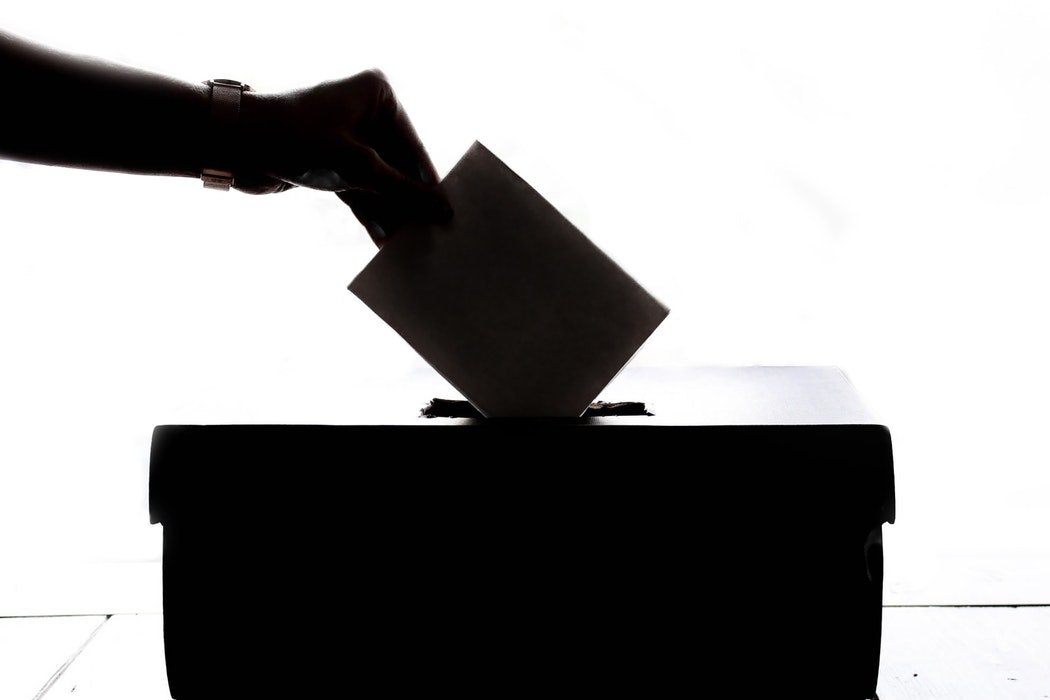Palbi Bhargava | Contributor
Featured image courtesy of Unsplash
Election season had come upon us, filled with overwhelming amounts of information arriving from all directions. Information which could potentially decide who the community chooses to be their representative.
On Monday October 22, elections were held across the city where people rushed to the poles to pick who they felt was their perfect candidate.
Students expressed that it was important to vote because it affects us all. The leaders who are chosen represent the community and are making the big, difficult decisions for you. Those elected into office become the voice of the people. Ironically, they become your voice as well.
Despite agreeing that voting is important, many students still chose not to exercise their right to vote. But why?
Students felt voting held less of a priority on their to-do lists in contrast to their academic work. The election didn’t matter as much as finishing their school work on time, and being on track to graduate.
A fourth-year environmental studies student, Justine Mapula, says: “I think most students did not exercise their right, because either they are not knowledgeable about the election, or do not care.
Students care more about getting their school work done and graduating.”
Even when students know the significance behind voting, they bat a blind eye. Others expressed students were aware of the repercussions of not voting, but rely on elder generations to make the right decision for them.
Kayla Karim, sports media and communications graduate student, says: “I think students don’t vote because they think their votes don’t matter. The adults will figure it out, or they’re not educated on how they’re affected by different people who get elected. They don’t take the time to understand what benefits them. Our parents will vote for whoever is going to do the best for them and us.”
Students feel they are overlooked, and that there is a need for the election outreach to be more inclusive of the large student population. The election poll statistics used in the media paint narratives of the potential election winner who may align with the student’s choice for candidate. It has them believing that even if they chose not to vote, the candidate of their choice will win because the numbers have spoken. The numbers are seen as to be illusions of truths. Many individuals lack the knowledge, or don’t care about political outcomes.
This could be due to political campaigns not aligning with student concerns, making them feel that the election doesn’t assist them directly. It begs the question whether the method of outreach of election information for students is the right choice.
It also brings to attention the accessibility of voting locations. There are various reasons why people are not voting but what about getting to the poll? That in itself poses obstacles for students, making one think of alternative ways of voting that could be widely accessible, especially in our modern age. Students have busy schedules,which makes it difficult to reach the polls on time, or even remembering to vote.
“You also have to account that if you have an unpopular opinion, it most likely won’t be represented at all,” adds third-year political science student Farena Rahim.
Politics are also a topic many refrain from taking part in due to the stigma attached to it. It’s common to avoid political talk and remain in peace, but little do we realize, the notion of being silent is causing chaos.
Why should you vote? Because your voice matters, and your one vote has a bigger impact than you think it would.
Vote because we are all in this together.
With files from Matt Dionne.


